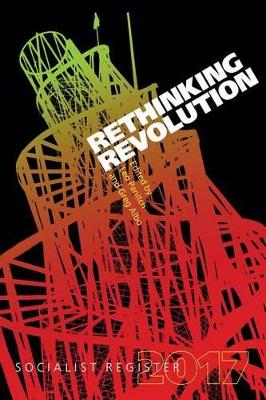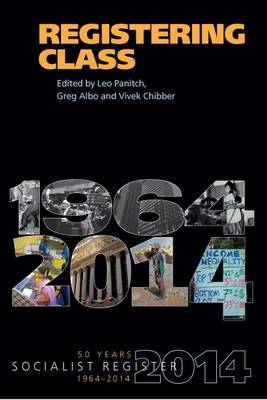Socialist Register (Merlin)
2 total works
One hundred years ago, "October 1917" galvanized leftists and oppressed peoples around the globe, and became the lodestar for 20th century politics. Today, the left needs to reckon with this legacy--and transcend it. Social change, as it was understood in the 20th century, appears now to be as impossible as revolution, leaving the left to rethink the relationship between capitalist crises, as well as the conceptual tension between revolution and reform.
Populated by an array of passionate thinkers and thoughtful activists, Rethinking Revolution reappraises the historical effects of the Russian revolution--positive and negative--on political, intellectual, and cultural life, and looks at consequent revolutions after 1917. Change needs to be understood in relation to the distinct trajectories of radical politics in different regions. But the main purpose of this Socialist Register edition--one century after "Red October"--is to look forward, to what might happen next.
Acclaimed authors interrogate and explore compelling issues, including:
- Greg Albo: New socialist strategies--or detours?
- Jodi Dean: Are the multitudes communing? Revolutionary agency and political forms today.
- Adolph Reed: Are racial minorities revolutionary agents?
- Zillah Eisenstein: Revolutionary feminisms today.
- Nina Power: Accelerated technology, decelerated revolution.
- David Schwartzman: Beyond global warming: Is solar communism possible?
- Andrea Malm: Revolution and counter-revolution in an era of climate change.

